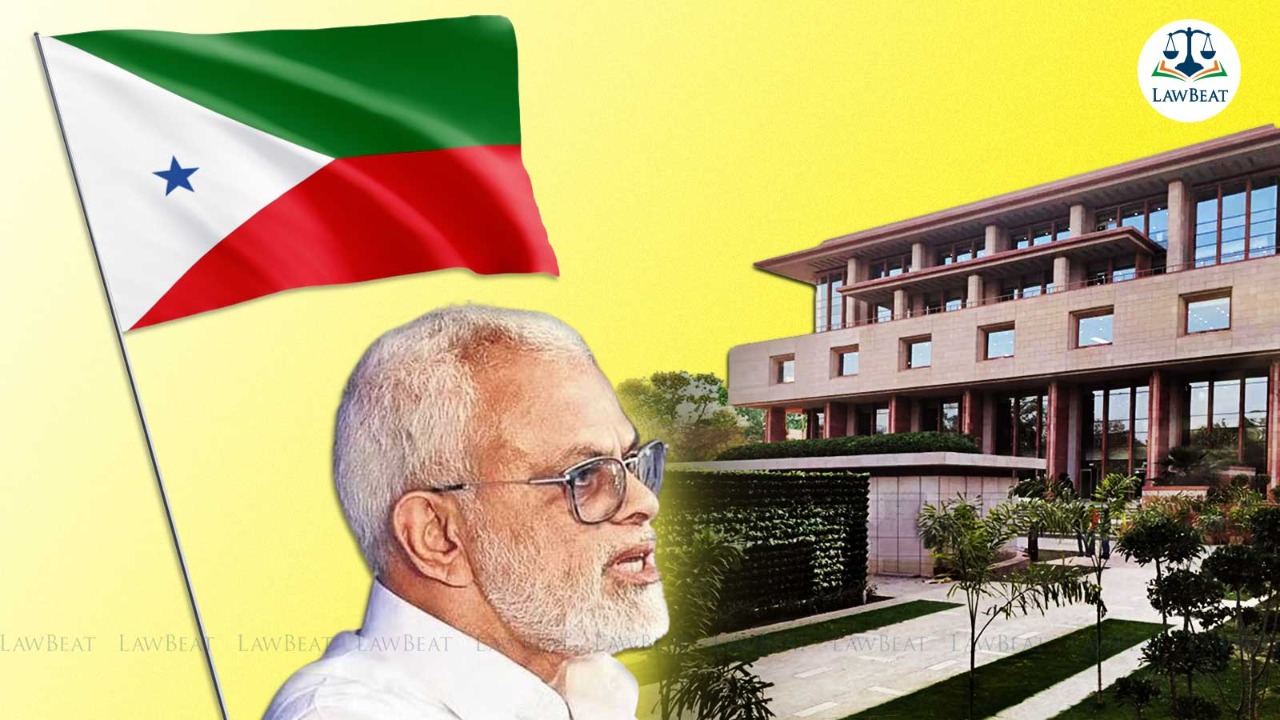Adhering To Terror-Ideology Is Punitive: Delhi HC Denies Bail To Former PFI Chairman Abubacker

Abubacker was arrested in September 2022. PFI has been declared an unlawful association by the Ministry of Home Affairs
The Delhi High Court, on Tuesday, held that if an ideology appears to be motivated by ill intentions and is filled with conspiracy pertaining to terrorist activities, then following such an ideology would result in punitive measures. The court also denied bail to the former chairman of Popular Front of India (PFI) E. Abubacker.
“We are also not impressed with the argument of the appellant that he was merely acting in furtherance of ideology of the organization. If such ideology smacks of malafide and is replete with conspiracy related to terrorist acts, adhering to the same, certainly, would also be punitive”, the bench of Justice Suresh Kumar Kait and Justice Manoj Jain held.
The case stemmed from information received by the Central Government indicating that members of the Popular Front of India (PFI) were conspiring to commit terrorist acts in various parts of India. E. Abubacker, a member of PFI's National Executive Council (NEC), was named in the FIR. Funds from PFI accounts were allegedly used in terror activities, with Abubacker as an authorized signatory for one of the accounts. The FIR accused Abubacker and others of preparing for terrorist acts, radicalizing youths, and promoting communal disharmony.
Abubacker was accused of supervising recruitment, radicalization, and organizing terror camps, among other charges. Senior Advocate Nitya Ramakrishnan, representing Abubacker, contended for bail on humanitarian and medical grounds, arguing lack of evidence and health concerns.
Special Public Prosecutor Rahul Tyagi argued that despite PFI's status as an unlawful organization, specific acts prior to its declaration supported the charges against Abubacker. Witness statements, financial records, and his past involvement with SIMI were presented as evidence. The prosecution also emphasized the applicability of Section 43D(5) of the UAPA concerning bail decisions, stating that the trial court had adequately addressed Abubacker's medical needs.
The court observed that Abubacker had previous associations with SIMI, an organization banned for unlawful activities. Subsequently, he held a significant position in the PFI and was involved in transferring funds to a terrorist.
The court closely scrutinized the PFI as even though it wasn't labeled as a terrorist organization, it was deemed an unlawful association. The court noted that witness statements, including those from protected witnesses, supported substantial allegations against Abubacker, detailing motivations for jihad, advocacy for violence, and weapon training. Financial transactions supporting terrorist activities were also noted.
“Non-recovery of any weapon from the possession of the appellant has no significance in the context of the overall allegations against the appellant. Of course, weapon-training was with respect to the use of sharp weapons but that does not mean that the terrorist act cannot be committed while using those, particularly when the training was for masses”, the court further added.
The court emphasized the seriousness of the allegations and the strength of the evidence presented. It noted a speech given by Abubacker and highlighted that the subsequent declaration of PFI as unlawful didn't absolve prosecution under UAPA.
The court deemed the weapon-training allegations credible, rejecting claims of community protection. The court acknowledged the long-term goal of establishing a Caliphate and found activities indicative of a terrorist intent to overthrow the government, despite claims of ideological adherence. The court deemed the prosecution’s case under UAPA to be prima facie true.
“The planning of targeted killing of Hindu leaders and attacking the security forces and establishing Caliphate by 2047 would clearly indicate that the target was to challenge the ‘unity and sovereignty of India’ and not merely to ‘overthrow the government’. Thus, the objective and manner of achieving the same, both, seem culpable”, the court noted.
Accordingly, the court dismissed the bail application.
Case Title: Abubacker E. v National Investigation Agency
